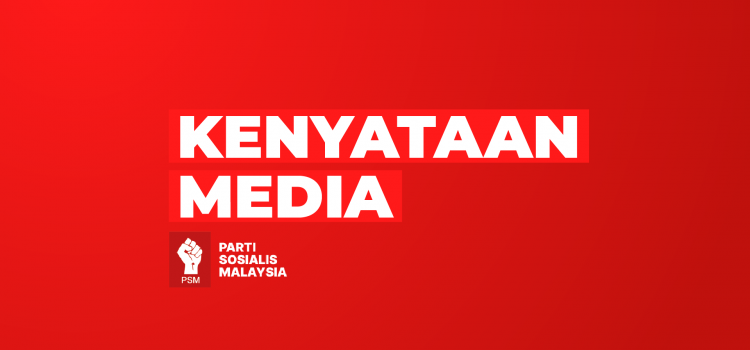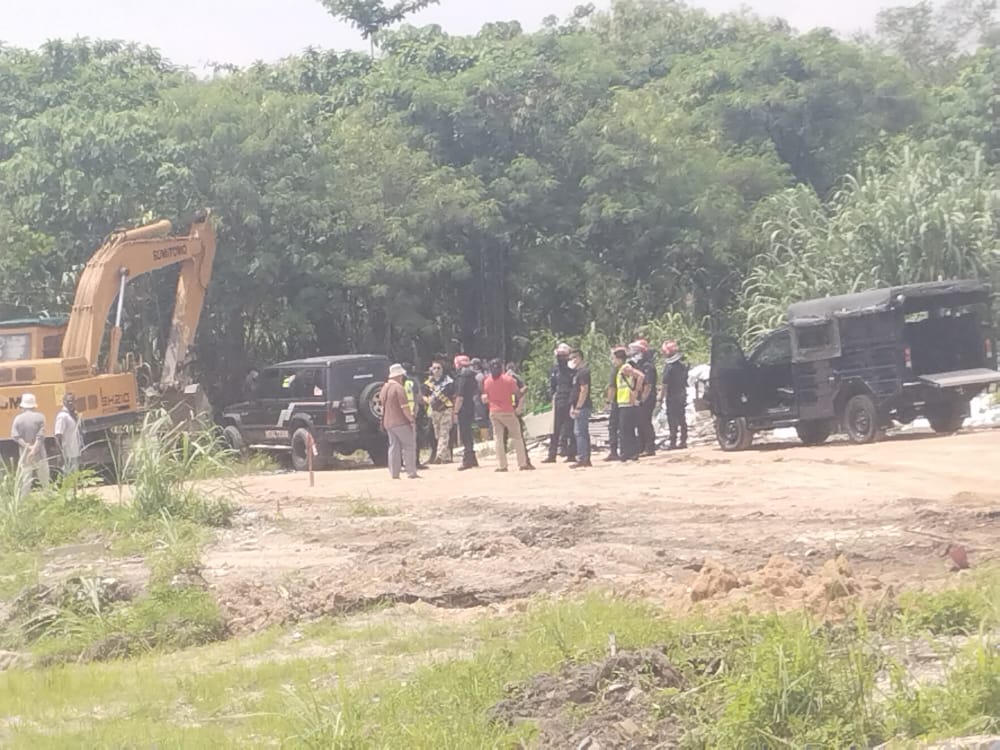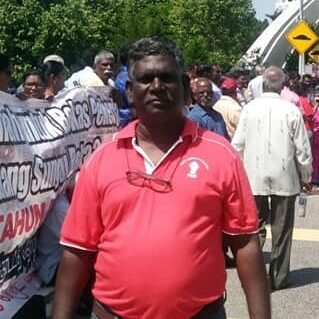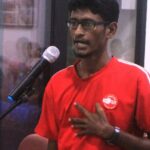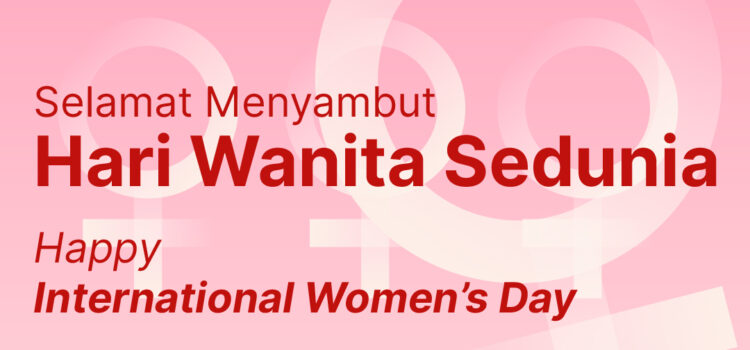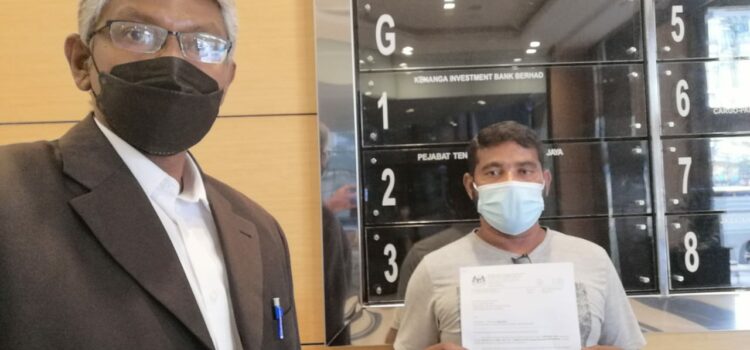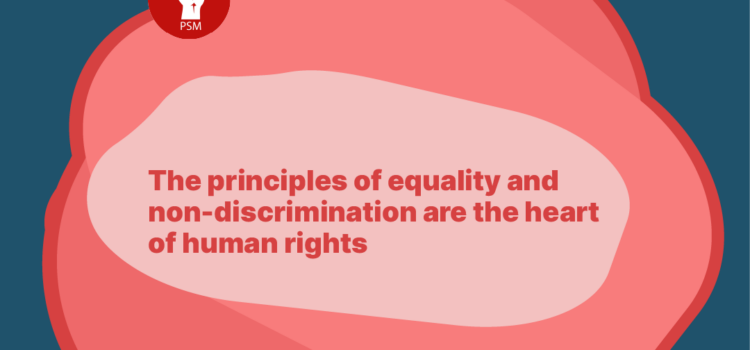(originally published on ThinkLeft)
The major floods that happened are a call for greater class consciousness and better national policies to mitigate the devastating effects of extreme weather due to climate change. Apart from having the government meet the demands that we, the rakyat have set through Gabungan Darurat Iklim Malaysia (GDIMY), we propose a more proactive approach towards this cause. As capitalism continues to leave a trail of destruction, we need to switch on emergency mode through advocating for a change in our economy by bringing in an unconventional ideology: eco-socialism.
On the 16th of December 2021, a tropical depression that made landfall on the eastern coast of Peninsular Malaysia brought heavy rains throughout the peninsula for several days. As a result of this, Malaysia experienced one of the worst floods in history, leaving an estimated 70,000 displaced and 50 dead.
The government was slow to deliver flood response, and a lack of clear central communication made things worse. Flood victims and volunteers take to social media to call for aid and coordination of flood relief efforts, showing solidarity among the people in the face of disasters.
According to the Climate Emergency Coalition of Malaysia (Gabungan Darurat Iklim Malaysia), lacklustre flood mitigation policies, loss of biodiversity and rainfall catchment areas, poor urban planning and unchecked development are all factors that culminated in this disaster.
The low-lying Taman Sri Muda township in Shah Alam is one of the worst flooded areas, with flood water reaching up to 4 metres. For 20 years, flood mitigation measures were sufficient to avoid major flooding — until the development of new projects in the surrounding areas compounded on the existing drainage system.
Taman Sri Muda’s system is now burdened with water from surrounding areas that triples its original water retention capacity, and tidal gates have broken pumps that are not fixed, despite having a RM 10 million allocation for upgrading works.
Why are new development projects being approved without proper urban and flood mitigation planning? And why are state governments and relevant authorities not doing enough to fix urban infrastructure?
Malaysia’s urban landscape must not be dictated by a handful of developers that prioritise short-term profit over residents’ safety and wellbeing, as overdevelopment comes at a heavy price paid by ordinary citizens in the long run.
The flood not only laid bare the devastating effects of capitalism that thrives on the relentless pursuit of profits over sustainable development, it also managed to flush out the dirty laundry of our ruling elites.
After the flood, our people were shocked at the horrific images on social media of mass timber debris floating on the rivers of Jalan Bentong-Karak and the Sri Telemong bridge. Civil society organisations and opposition parties often raised concerns over uncontrolled logging activities to the state government, yet it seems that this issue is not taken seriously.
State governments who have sole authority over forests are often embroiled in a situation where they will award forest logging licences or convert forest lands into crop plantations to generate state revenue or use it to gain political leverage — often with the involvement of Malaysia’s royal families.
In early June 2021, the Pahang state government approved an iron ore excavation project by a royalty-linked mining company near Tasik Chini, a UNESCO biosphere reserve.
The forest reserve has a history of pollution due to mining and logging activities since 2005. Orang Asli communities in the area have been concerned about their wells being contaminated due to their reliance on rain and swamp water for consumption and daily activities.
Fortunately, the project had been cancelled later in the month due to public outrage. Yet, later in the same month, there were still iron ore mining proposals at a degazetted forest reserve in Kuala Mukim Tembeling, Pahang which is listed as an Environmentally Sensitive Area (ESA).
Under capitalism, corporates and ruling elites share the same class interest of capital accumulation, even if it means risking severe loss of biodiversity and destroying the livelihoods of indigenous communities for the sake of profit.
The climate crisis is no longer a looming threat, it is happening in Malaysia as observed through extreme weather patterns and hotter temperatures. It is time we ask the people, do the state governments have it in their interests to protect the environment that secures the well-being of the people? Are the royal families who are being hailed as ‘protectors of the people’ walking their talk?
Echoing the solidarity spirit of #KitaJagaKita, we the people only have ourselves to rely on to mobilise for concrete changes in the country’s political landscape. Just like how the people mobilised and helped each other during the floods, we must continue showing solidarity across different races, religions and nationalities for a better world.
For the wealthy ruling elites, heavy rain meant lazy weathers and lie-ins; but for the everyday citizens, environmental destruction brought along devastating floods and a hazy future as they lost everything.
The rift between the elites and the people is a class struggle on display, reflecting the central tenet of Marxism: “the history of all hitherto existing human society is the history of class struggles.”
Capitalism is a system that pursues infinite economic growth and profit in a world with finite resources. The system has been efficient in production, but it has exacerbated global wealth inequality. Land, natural resources and wealth concentrated in the hands of the ruling class at the expense of the people.
Instead of focusing on economic growth through resource extraction and mega-development projects, we should overcome the crisis of capitalism and fight for social ownership of the means of production among the people.
Our political system must also incorporate the ideology of eco-socialism — that life can only be preserved with the preservation of nature. The world needs to move towards an egalitarian post-capitalist economic, political and social structure which can fulfill human needs through harmony of human and non-human ecology.
Huei Ting and Audrey Chan
Bureau of Environment and Climate Crisis
Parti Sosialis Malaysia
